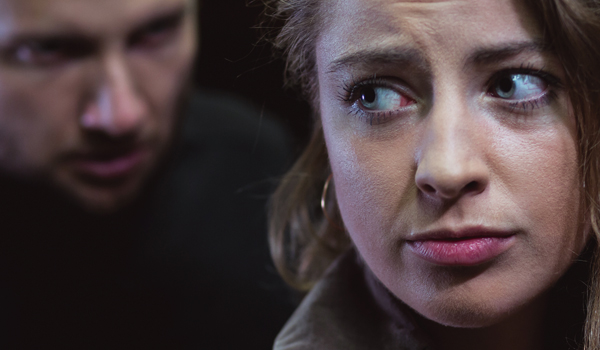New laws required to tackle endemic violence against women
Misogyny should be made a hate crime and taking photos up womens skirts should become a criminal offence, a legal review group has concluded.
Misogyny should be made a hate crime and taking photos up womens skirts should become a criminal offence, a legal review group has concluded. The justice system is failing women and is in desperate need of reform, according to the Fawcett Societys sex discrimination law review panel. The report the first of its kind found violence against women and girls is endemic in the UK with one in five women over 16 experiencing sexual assault. It called for strengthening of laws around workplace harassment, as well as re-classifying misogyny as a hate crime and criminalising up-skirting. Dame Laura Cox, chair of the Fawcett Societys sex discrimination law review panel, said: The evidence we received, of increasing levels of violence, abuse and harassment against women, was deeply disturbing. A lack of access to justice for such women has wide-ranging implications not only for the women themselves, but also for society as a whole and for public confidence in our justice system. The panel was set up to review the UKs sex discrimination laws in response to a potential erosion of rights by Brexit and leaving the EU single market. Its findings, released on Tuesday (January 23), show a deeply misogynistic culture has developed alongside a legal system that allegedly often fails to provide access to justice. Almost two thirds of women have experienced unwanted sexual harassment in public and half have been victimised at work, according to the Fawcett Society. Thirty-eight per cent of men also think a woman is to blame if she is sexually assaulted after getting drunk and wearing revealing clothing on a night out as do 34 per cent of women. The report claims women are being disadvantaged by the removal of many areas of civil law from the scope of legal aid, including family law, clinical negligence, education, employment and housing. It added that major barriers persist in access to legal aid for domestic abuse victims and survivors, including a gap between those deemed financially ineligible for legal aid and those who can afford to pay. The recommendation around re-classifying misogyny as an aggravated offence comes after Nottinghamshire Police and North Yorkshire Police began a pilot scheme testing tougher sanctions for offences motivated by the victims gender. The National Police Chiefs Council is hearing evidence from the studies before making a decision on a potential national roll-out. However, Metropolitan Police Service Commissioner Cressida Dick has opposed treating misogyny as a hate crime, claiming it would prove a further burden on already stretched resources. The Association of Police and Crime Commissioners has also expressed its support for making up-skirting a specific criminal offence, as perpetrators can only currently be charged with voyeurism or causing public nuisance. Further recommendations by the Fawcett Society include extending the definition of coercive control to include after couples have separated and making any breach of a domestic abuse order a criminal offence. It also called for more responsibility to be placed on employers to proactively prevent discrimination and harassment in their organisations. Chair Sam Smethers said: The time has now come for a greater responsibility and accountability to be placed onto organisations to prevent harassment and discrimination in the first place. If we believe that gender equality is good for business, then we must also believe that discrimination and harassment are bad for business. The chances are this will be happening in most workplaces so lets move towards proactive action and require employers to do something about it.


